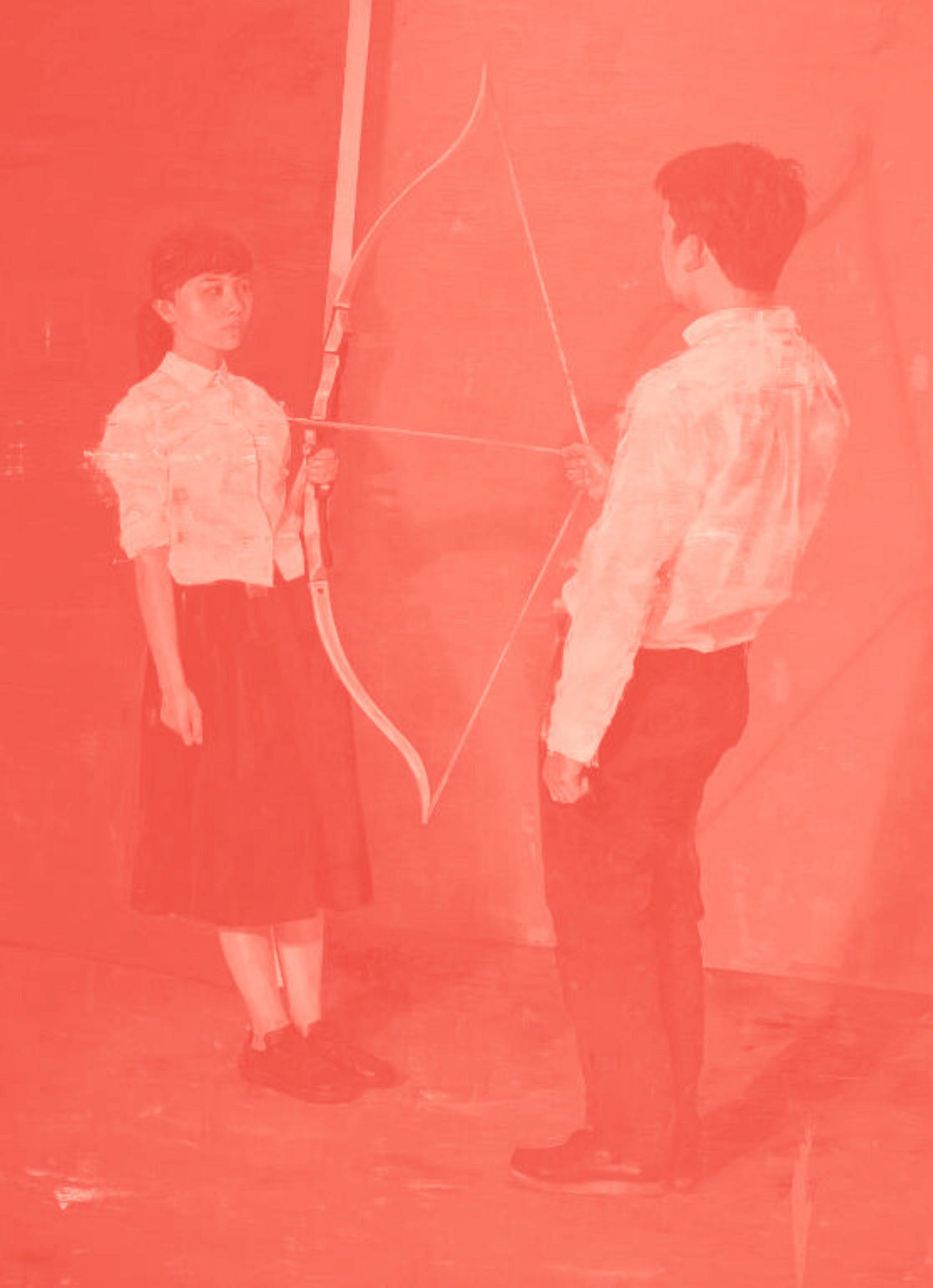a smart(er) way to experience sadness
When asked for an unpopular opinion, I always tell people that I love being disappointed.
I love being disappointed.
The chill in my stomach and down my spine when I experience a pang of disappointment? When I’m let down by a person or betrayed by unexpected circumstances? The feeling of my expectations sinking? It always feels so intense and I absolutely enjoy the displeasure. Disappointment is such a fertile emotion, reminding me that I’m navigating this world with many other actors in it. It’s a pendulum swing of a feeling that exists as two faces of a coin— being disappointed, then having hope again, before the universe slips in yet another betrayal, and dishes out another chance of things going right.
I place a lot of value in emotional maturity and literacy, and trying to build a stronger foundation in them while I’m still in my 20s. And disappointment is one of the smarter ways that I can experience sadness, build emotional maturity and a way I can exercise compassion. I love the word compassion, and I’m trying to exercise it regularly. Looking at its etymology, from com (with, together) and pati (to suffer) it’s literally translated into ‘suffering with another’. When someone lets me down, I suffer with them. Because I understand— it doesn’t feel good being on either side of disappointment, you know. That’s one way I practice compassion. Being disappointed by someone via their words or actions, or discovering an underlying intention of theirs that seems incongruent with their principles that we know of— it’s upsetting. Sometimes it’s shocking. But for myself to be content with that disappointment allows the people in my life to be human, and gives them space and time to experience the complexity of their lives without being subject to extreme judgment.
I love the word compassion and I’m trying to exercise it regularly. Looking at its etymology, from com (with, together) and pati (to suffer) it’s literally translated into “suffering with another”. When someone lets me down, I suffer with them. Because I understand— it doesn’t feel good being on either side of disappointment, you know. That’s one way I practice compassion.
When I’ve trusted someone or a situation to play out a certain way, and they don’t— there’s an opportunity for me to be courageous there. Am I brave enough to extend my arm to reach across that chasm again after being let down? I had expectations, but the reality fell short of those expectations, and it is an act of bravery to still attempt to draw that line between expectation and reality over and over again. I do admit it’s hard. Being disappointed is not a great feeling, since our brain processes disappointment as an act of disrespect towards our ego, or harm towards our well-being, and prompts us to abandon pursuits and people who caused that harm. I don’t deny the disappointment I feel, I do validate them and ride the wave of upset that comes with it, but the whole process becomes easier when I accept that life simply consists of many unequal actors. And these unequal actors will, a lot of times, find it tough to work with each other to produce ideal outcomes. Besides, those desired outcomes are only ‘ideal’… because I say so.

I’ve come to understand that the possibility of my needs and wants being unmet will always exist underneath every single sliver of hope or expectation that I extend to someone— belief and trust in a loved one’s promise will forever be haunted by the possibility of brokenheartedness or crushing disappointment. And this isn’t to be confused with a lack of trust. It is simply how life works.
Of course, this shouldn’t apply to all situations wherein our hopes and needs are unmet, though. We shouldn't tolerate it if it’s done to us with the intention to abuse us, by people who want to hurt us. And it is tough to trust someone again after they’ve let you down. But in the occasions when the ones we love are simply being human— grappling with their own responsibilities, subject to their own ever-changing circumstances— it’s important to realize that these pendulum swings between hope and disappointment are what help propel us forward in a universe wherein we all have very little control.
I’m not encouraging intentionally courting disappointment and sadness like a mad scientist, but it also shouldn't be something we avoid out of fear with the assumption that moving toward happiness is the best way to live. No. I prefer the path that makes me attempt more questions, the path that teaches me how to answer those questions with more and more accuracy. The path that pursues progress instead of perfection.
Hopefully, I’ll always accept people as they are, and when they are ‘less of themselves’, I’d be ready to help. Hopefully, I would always extend grace and understanding to the people around me. Hopefully, one day, I would finally extend this grace to myself too.
Reads related to these reflections:
In this short Life that only lasts an hour (1292) by Emily Dickinson (poem)
Thanks for reading!



love love love this. and i agree with you saying being afraid of disappointment is because we strive for perfection cause i can relate with that and absolutely should be working on that 😞☝🏻such a wonderful reading experience btw 🙆🏻♀️🙆🏻♀️❤️